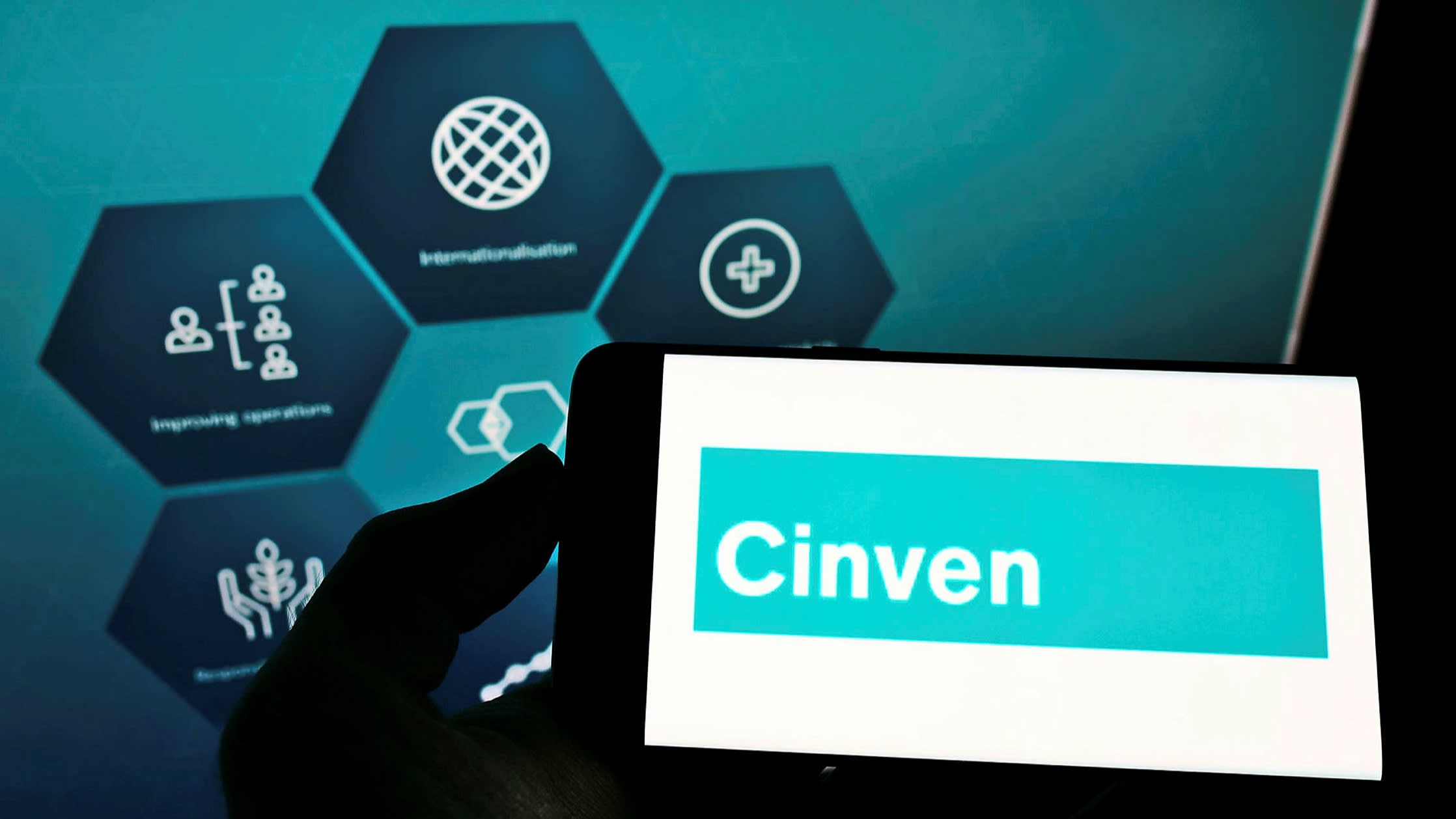
Drug prices updates
Sign up to myFT Daily Digest to be the first to know about Drug prices news.
The UK competition regulator has fined Advanz Pharma and private equity groups Cinven and Hg a total of £100m for increasing the price of a thyroid drug by more than 1,000 per cent over eight years.
In its latest assault on Big Pharma, the Competition and Markets Authority said Advanz and the buyout groups, which owned businesses that are now part of the pharma company, had charged “excessive and unfair prices” for liothyronine.
The price of packs of the drug, used to treat thyroid hormone deficiency, was increased from £20 in 2009 to £248 in 2017.
Eventually, the NHS decided it was too expensive to prescribe. Patients then faced having treatment stopped or paying for it themselves, the CMA said.
“Advanz’s decision to ratchet up the price of liothyronine tablets and impose excessive and unfair prices for over eight years came at a huge cost to the NHS, and ultimately to UK taxpayers,” CMA’s chief executive Andrea Coscelli said.
“But that wasn’t all. It also meant that people dealing with depression and extreme fatigue, as a result of their thyroid conditions, were told they could not continue to receive the most effective treatment for them due to its increased price.”
Advanz and its subsidiaries were hit with fines worth £40.9m. The private equity firms Cinven and Hg were fined £51.9m and £8.6m respectively.
Advanz said it would appeal against the CMA’s decision. “We utterly disagree” with the watchdog, and the company “acted in the interest of patients” at all times. “Advanz Pharma takes competition law very seriously,” it said in a statement.
Cinven said it “strongly disagrees with the CMA’s findings” and would also file an appeal.
It said it “does not believe that any Cinven entity broke the law”, and that it had been fined “under the principle of parental liability”.
Hg said it was aware of the fine but was not commenting at this stage.
Hg bought the London-listed listed drugs group Goldshield for £178m in 2009, taking it private. It renamed the company Mercury Pharma and sold it to Cinven at a £465m valuation in August 2012.
Cinven then bought a separate family-owned company, Amdipharm, for £367m in October that year. The two were merged into Amdipharm Mercury Limited, known as AMCo.
AMCo went on to buy five other companies under Cinven’s ownership, before the private equity firm sold it to the Canadian company Concordia Healthcare Group at a £2.3bn valuation in 2015. Concordia was renamed Advanz in 2018.
Nordic Capital, another private equity firm, bought Advanz last month. The deal valued the company’s equity at about $846m. In addition, it had $1.3bn in long-term debt as of March this year.
On Thursday, the CMA said Goldshield developed a “price optimisation” strategy in 2007 that involved identifying drugs with limited or no competition that it could relaunch as generic, unbranded drugs.
Price regulation does not apply in the same way to unbranded drugs, meaning pharma companies can sharply increase their price without additional investment or innovation.
In a separate case this month, the CMA fined a group of companies, including Advanz and Cinven, a record £260m. It said Advanz’s predecessor AMCo had colluded with rivals, in return for payments, to stay out of the market for a hydrocortisone product. Cinven, which owned AMCo at the time, plans to appeal against the decision.
* The final sentence of this story has been amended since original publication to say that Advanz and Cinven were fined over collusion with rivals to stay out of the market in return for payments, not for overcharging

